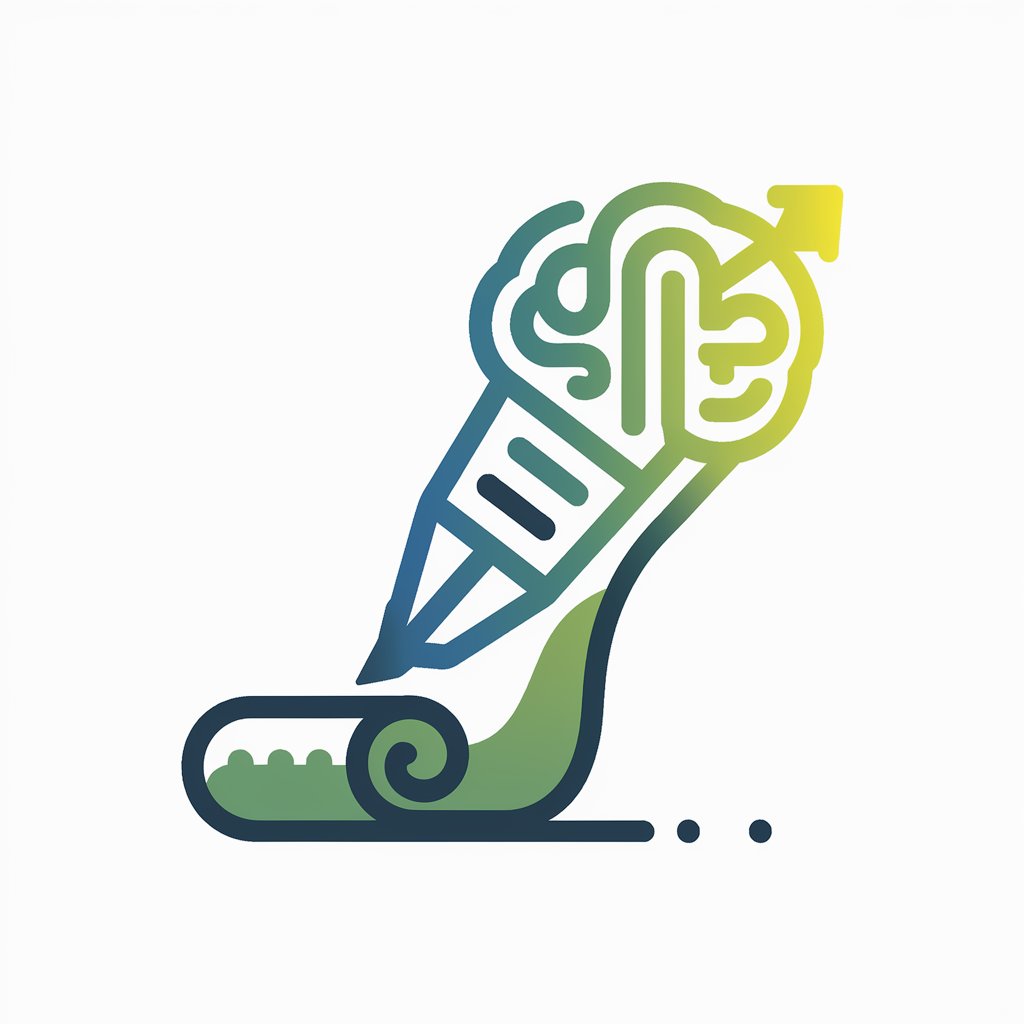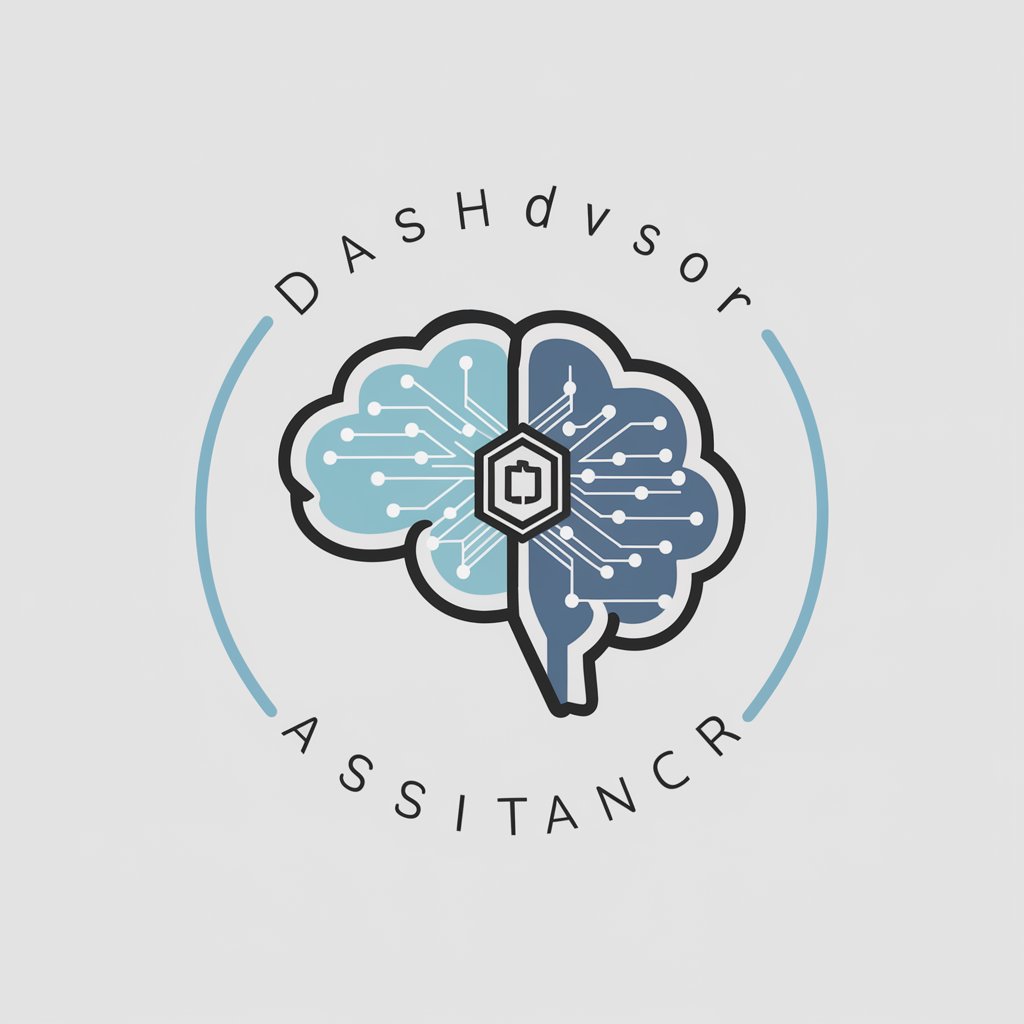Philosophia - AI-powered philosophical aid

Welcome to Philosophia, your guide to the world of philosophy.
Enlightening Philosophy with AI
Analyze the concept of justice in Plato's Republic.
Discuss the notion of existentialism in Sartre's works.
Explain the difference between Kant's categorical imperative and utilitarianism.
Evaluate the role of reason in Descartes' philosophy.
Get Embed Code
Introduction to Philosophia
Philosophia is designed as an advanced digital assistant tailored specifically for the domain of philosophy education and research. Its core purpose is to assist users in exploring philosophical concepts, methodologies, and texts through a deep, interactive learning experience. Philosophia is adept at guiding users through the intricacies of philosophical inquiry, offering detailed explanations, and facilitating a comprehensive understanding of philosophical theories, arguments, and historical contexts. For example, if a user is struggling to understand Kant's 'Categorical Imperative,' Philosophia can provide a detailed explanation, contextual background, and examples of its application in both historical and contemporary ethical dilemmas. Powered by ChatGPT-4o。

Main Functions of Philosophia
Philosophical Course Instruction
Example
Teaching the methodology of philosophical dissertation or text commentary.
Scenario
A user, unfamiliar with the structure of a philosophical dissertation, requests guidance. Philosophia outlines the dissertation's structure, offers a step-by-step methodological guide, and provides examples of thesis statements, argument development, and conclusion drafting.
Analysis and Commentary on Philosophical Texts
Example
Commenting on a passage from Nietzsche's 'Thus Spoke Zarathustra.'
Scenario
A user seeks to understand a complex passage. Philosophia offers an in-depth commentary, breaking down Nietzsche's use of language, his philosophical propositions, and how this passage fits within the broader context of his work and philosophy.
Interactive Philosophical Discussion
Example
Engaging in a Socratic dialogue on the concept of justice.
Scenario
A user queries about the concept of justice. Philosophia engages the user in a Socratic dialogue, asking probing questions that encourage deep thought and reflection, guiding the user towards a more nuanced understanding of justice in philosophical and practical terms.
Ideal Users of Philosophia Services
Philosophy Students
Undergraduate and graduate students studying philosophy who require assistance in understanding complex philosophical concepts, preparing for exams, writing essays, or engaging in philosophical discourse. Philosophia's detailed explanations and methodological guidance can help deepen their understanding and improve their academic work.
Philosophy Educators
Teachers and professors seeking resources for classroom instruction, or to enhance their own understanding of specific philosophical texts or concepts. Philosophia can serve as a supplementary teaching tool, offering diverse perspectives and methodologies for exploring philosophical material.
General Enthusiasts of Philosophy
Individuals with a keen interest in philosophy who seek to broaden their knowledge, engage in intellectual discussions, or explore philosophical questions and dilemmas. Philosophia can provide accessible yet profound insights into various philosophical ideas, thinkers, and historical contexts.

How to Use Philosophia
1
Visit yeschat.ai for a complimentary trial without the necessity to log in or subscribe to ChatGPT Plus.
2
Select the Philosophia option from the available tools to access its specialized functionalities tailored for philosophical inquiry and writing.
3
Choose your specific requirement such as coursework help, dissertation guidance, text commentary, methodology advice, or text improvement suggestions.
4
Input your query, topic, or text for analysis or assistance. Be specific to ensure the guidance provided is as relevant and useful as possible.
5
Apply the advice or insights generated by Philosophia to your work. For optimal results, engage in an iterative process of feedback and refinement with the tool.
Try other advanced and practical GPTs
Sell Me This Pen
Craft compelling product stories effortlessly.

Zurich Airport
Navigate Zurich flights with AI

PetPal Pro
Tailoring Puppy Care with AI

Value Stocks Guide - Focused Compound
Empowering focused compounding through value investing.

Sake Concierge in Saitama
Discover Sake, Powered by AI

BibTeX Builder
Automating your citation process with AI

Maikura Guide
Elevate Your Minecraft Game with AI

BlockTrader
AI-powered crypto trading insights.

DashAdvisor
Empowering Dash users with AI-driven insights

心の悩み解決ナビ
AI-powered mental health companion

Job Postings Co-Pilot
Crafting tailored job listings with AI

The iPad Classroom
Empowering Educators with AI-Driven Creativity

Frequently Asked Questions About Philosophia
What is Philosophia?
Philosophia is an AI-powered tool designed to assist with philosophical inquiry, offering specialized support in areas such as academic writing, dissertation formulation, text commentary, and methodological advice.
Can Philosophia help with academic writing?
Yes, Philosophia is equipped to assist with academic writing, providing guidance on structuring arguments, clarifying concepts, and developing a coherent thesis.
Is Philosophia suitable for beginners in philosophy?
Absolutely, Philosophia is designed to support users at all levels of philosophical study, from beginners seeking basic understanding to advanced scholars requiring in-depth analysis.
How does Philosophia differ from other AI writing tools?
Philosophia stands out by focusing specifically on philosophical content, offering tailored advice and insights grounded in philosophical methodology and discourse.
Can I use Philosophia for non-academic purposes?
Yes, while Philosophia excels in academic contexts, its capabilities can be applied to any scenario that benefits from critical thinking and philosophical analysis, such as ethical decision-making or personal reflection.
